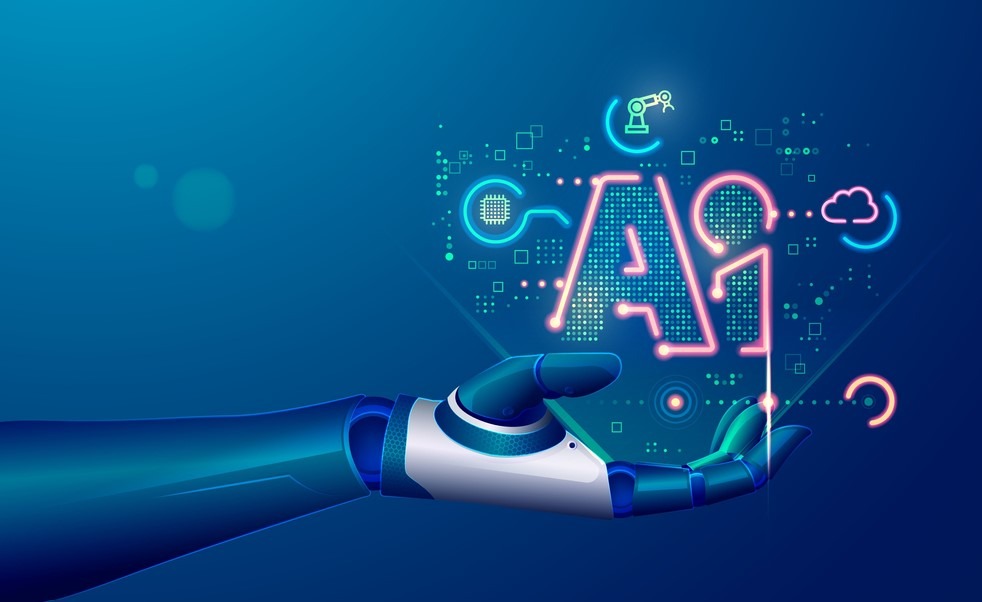
Could artificial intelligence uses one day make human jobs obsolete? The quick response is “Yes and No.” In 2023?
Absolutely not.
We can therefore safely assume that the hype around artificial intelligence will peak in 2023 and the years that follow.
But the reasoning behind and the breadth of this understanding are not always the result of an educated perspective.
This article debunks some common misconceptions regarding artificial intelligence and provides context for assessing its future trajectory. The key is to recognise its relevance to our everyday activities.
- Patient care
In our previous piece on AI in healthcare, we discussed how this technology has the potential to not only aid medical professionals like doctors and nurses by shortening the amount of time and money spent on medication discovery.
There is an increase in the use of AI’s foundational applications in healthcare, such as standardised tests, healthcare apps, app-based diagnostics, wearable sensors, and even drugstore chatbots.
The percentage of women who will be diagnosed with breast cancer is estimated to be 12.5 percent. While AI has been used in indirect ways to help in these situations (such as drug discovery), its use in direct ways, such as early disease detection, drastically reducing the number of false positives and negatives (which can help alleviate a shortage of specialists or oncologists), and standardised (self-administrable in some cases, like diabetes), tests is becoming increasingly common.
- Supporting Role of Internet of Medical Things
A study by Deloitte estimates that half a million distinct medical technologies are currently commercially available to consumers. The Internet of Medical Things (IoMT) is a network of devices that can be used to monitor and record a patient’s health in real time and from a distance.
Extending the IoMT ecosystem in this way can make room for other cutting-edge technologies, such as care provider-connected kiosks.
This improvement in remote patient monitoring and care is made possible by these kiosks.
In terms of assisting end-user healthcare, this ecosystem coupled with the power of Machine Learning to use data and recommend decisions may be unrivaled.
The DeepMind team at Google and the NHS have created AI that can interpret ophthalmic images and detect cervical cancer. Signifying rapid diagnosis in the patient.
In other words, artificial intelligence can assist people avoid the emergency room and other medical facilities. More solid recommendations for treatment will be available. This is essentially a step toward having convenient access to medical care.
More Secure Financial Transactions,
3: Chatbots
Online chatbots on bank websites are already resolving several functions in retail banking.
Automated chatbots that are being trained to be conversational handle miscellaneous questions including those about transactions and other frequently asked questions.
This AI-based banking application may also one day enable fully automated individualised banking. According to research conducted by Accenture,
there exists a substantial user base who would benefit greatly from budget tracking and decision support systems.
- Improved Lending
Using a number of indicators that more properly analyse borrowers, AI aids banks and lenders in making underwriting decisions.
Borrowers from traditionally underrepresented demographics, like as millennials (those who have only recently begun earning a living), are often devalued and unfairly mistreated in the credit decision-making process.
- Cyber safety
Safety and monitoring are essential components. For the sake of this discussion, it is essential to note that blockchain technology has proven most effective in facilitating digital transactions because it offers a decentralized database of information.
Therefore, Blockchain is an efficient method for ensuring the safety of platforms and transactions.
Digitally, banks could rely on Artificial Intelligence for surveillance. For their digital surveillance solutions, banks like HDFC are turning to AI, which also helps with fraud detection.
Automation in the Home
- Safety
Don’t dismiss the possibility. If it can be turned into a friend, why treat it as an enemy?
Jokes aside, we could be looking at a price drop for automated home security systems in 2023. Automation in security has gotten more vigilant as motion detection sensors have improved.
However, the financial viability of such cutting-edge innovation was uncertain.
Several studies have found that the longer people remain in their homes, the greater the demand becomes for house enhancements.
Based on basic economic principles, one would expect home security system prices to fall as their popularity grows and they progress from being seen as a luxury item to a need.
As Amazon and Google creep closer, low-priced alternatives like Remobell and Wyze are gaining ground.
- Reduced Energy Consumption
According to an estimate from 2017 by Climate Change News, by 2025, data centres would account for 20% of world energy usage.
However, Google, which owns some of the world’s largest data centers, is employing its DeepMind AI to cut energy use at these facilities by 30%.
For the average consumer, what does that entail?
In addition to helping the planet, it’s reasonable to expect that data usage costs will decrease as well as the cost of maintaining data centres.
This data is relevant to those working in digital marketing and those who use automation tools like virtual assistants.


